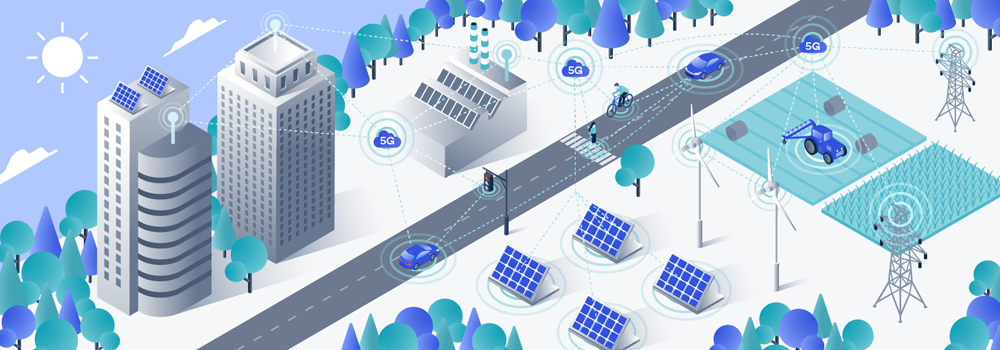After three years of research, The Cooperative Mobility Systems and Services for Energy Efficiency (eCoMove) consortium has presented its final results to the public.
The consortium, comprising 32 partners including public authorities, vehicle manufacturers, service providers, infrastructure and telecommunication operators, and research institutes, has developed solutions using next-generation vehicle-to-X communication technologies to reduce the inefficiencies responsible for energy waste in road transport.
According to eCoMove findings, the level of CO2 reduction depends on the traffic situation, the road network and the driver. Overall, results show that a reduction over 10 per cent is feasible in urban networks. The reduction of CO2 produced by network and routing schemes depends on the traffic load of the network; for instance if the network load is low or moderate, the reduction rate is expected to be rather small at around 4 per cent. In heavily loaded networks, the reduction can be up to 12 per cent. The largest impact on CO2 reduction can be achieved in case of severe incidents, where concerned road users need to be informed as quickly as possible about the incident and possible alternative routes.
eCoMove applications for eco-driving, fleet and traffic management show CO2 reductions ranging from 4-25 per cent. These results vary on the use, urban versus rural situations and also on the applications tested. They were based on field trials, traffic network simulations and driving simulator studies.
Jean-Charles Pandazis, eCoMove coordinator and Head of Ecomobility sector at
Guillaume Vernet, Project Manager ITS at
"eCoMove has shown that it is possible to reduce CO2 emissions from road traffic while simultaneously improving travel times in the road network", Klaas Rozema, Chief Technology Officer at








